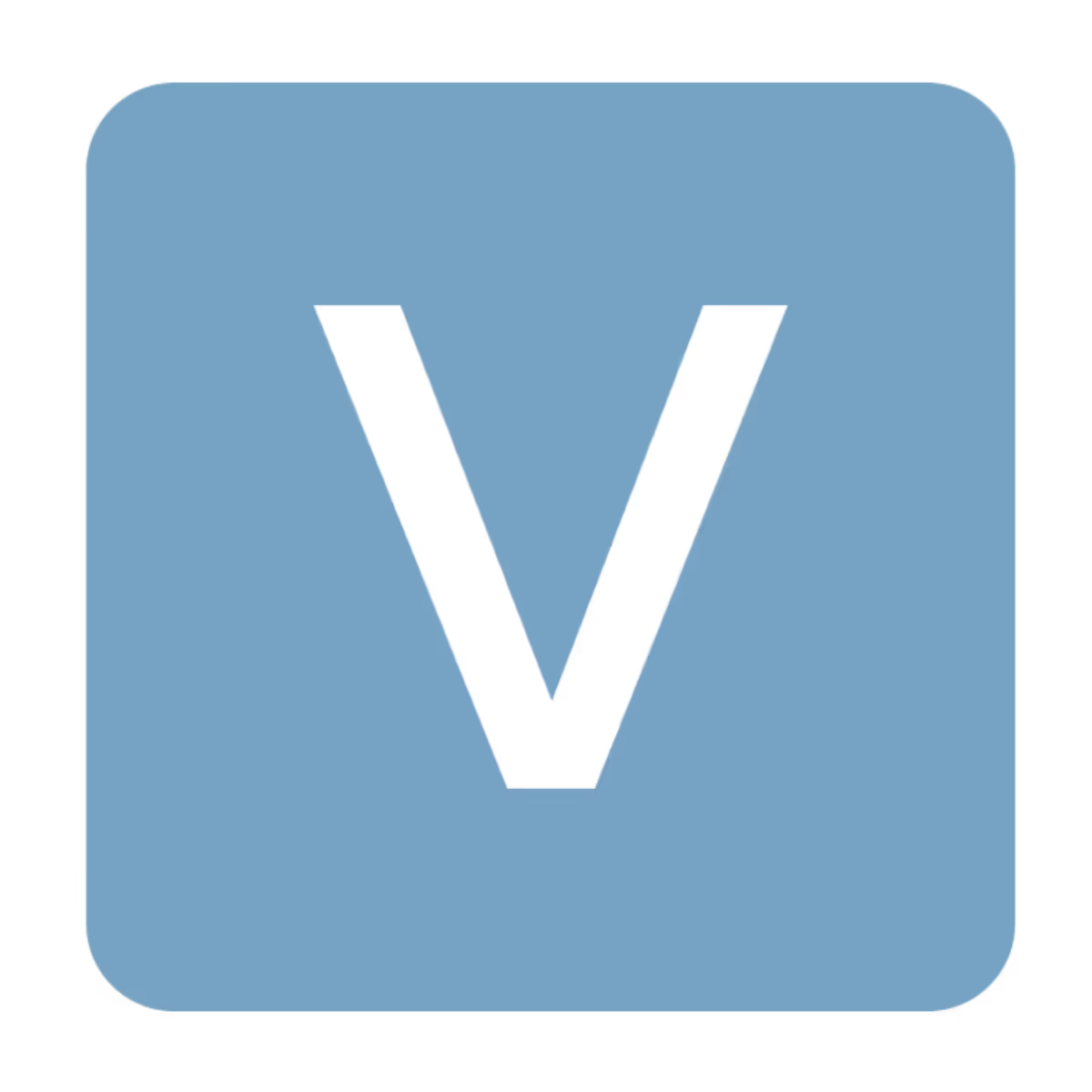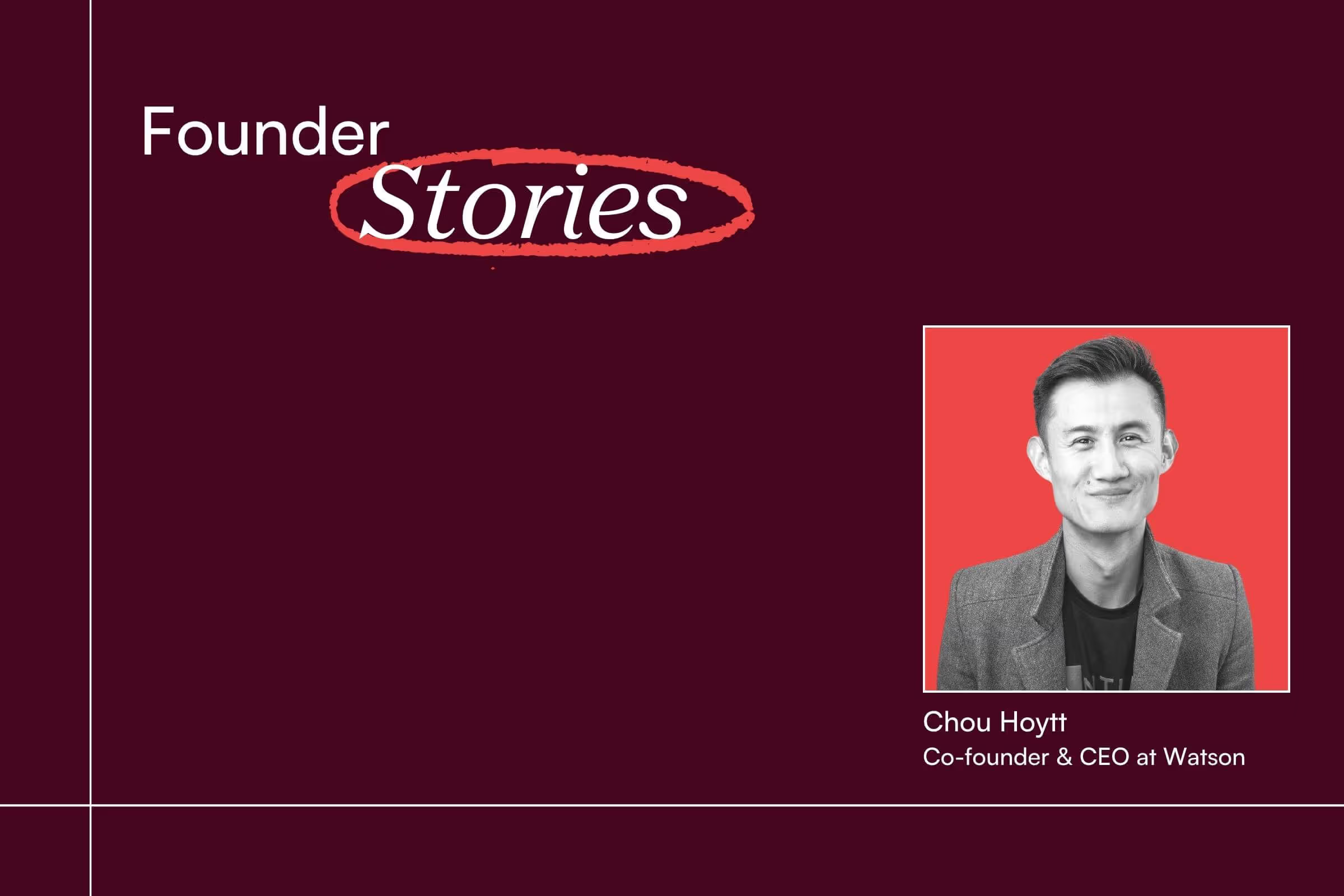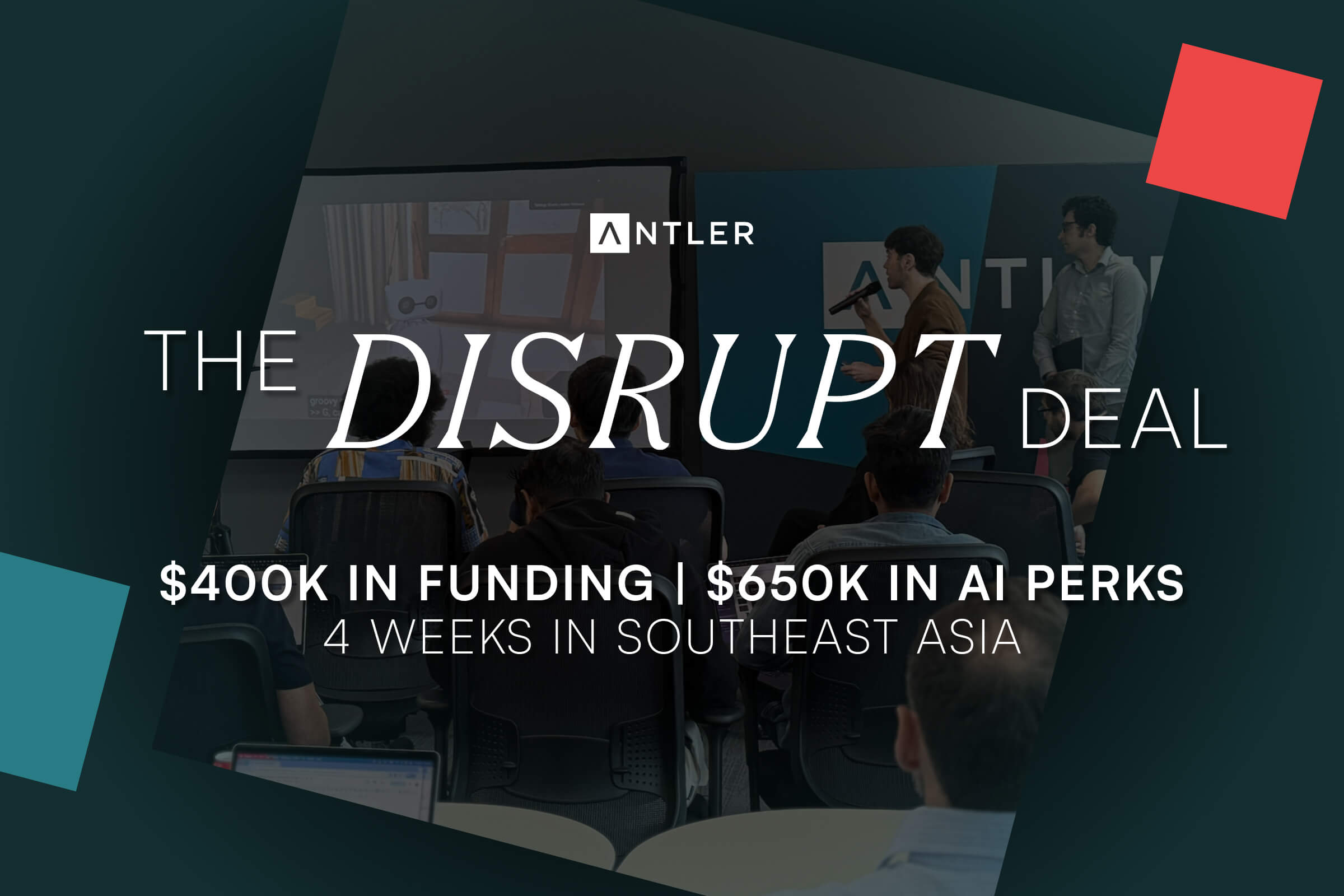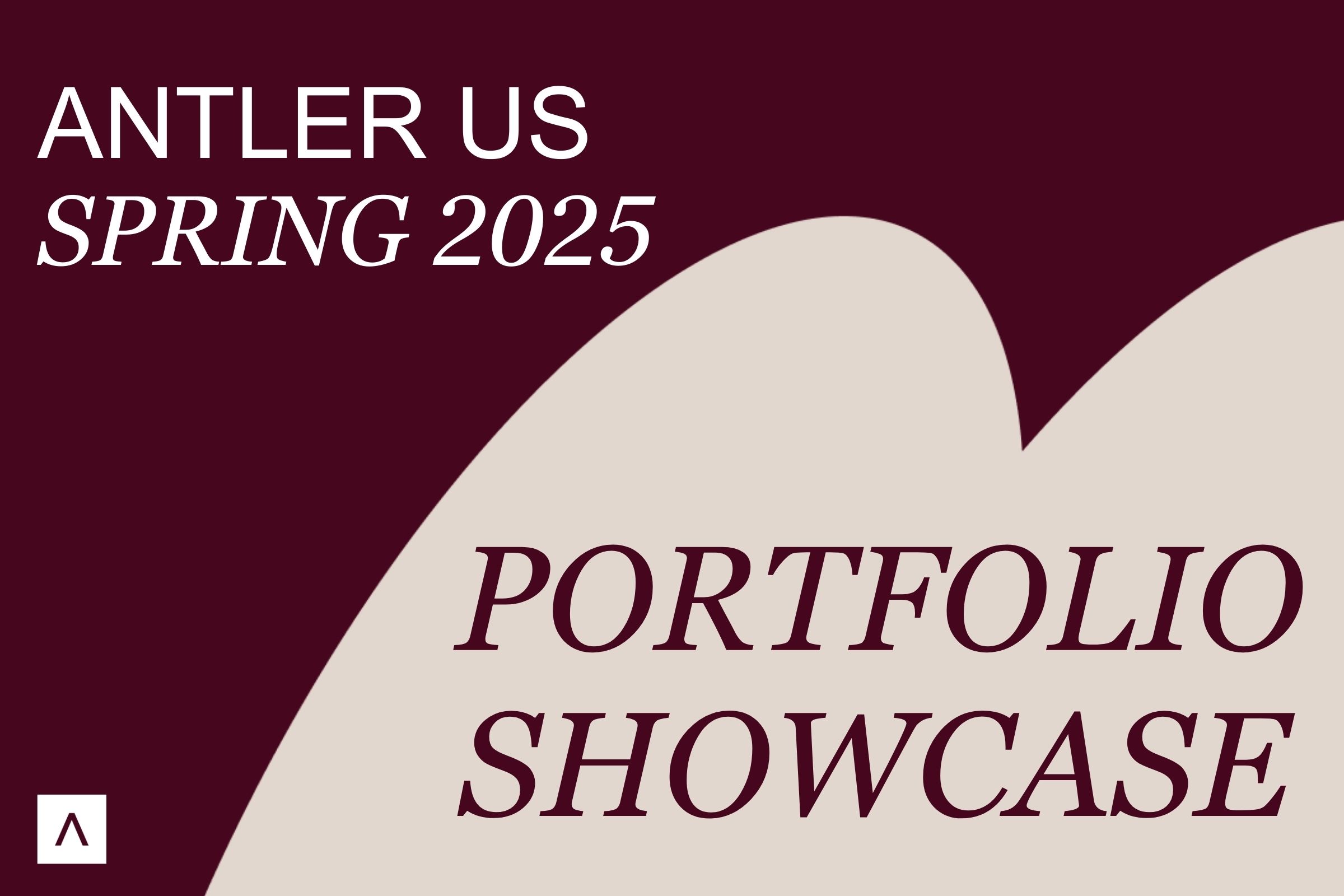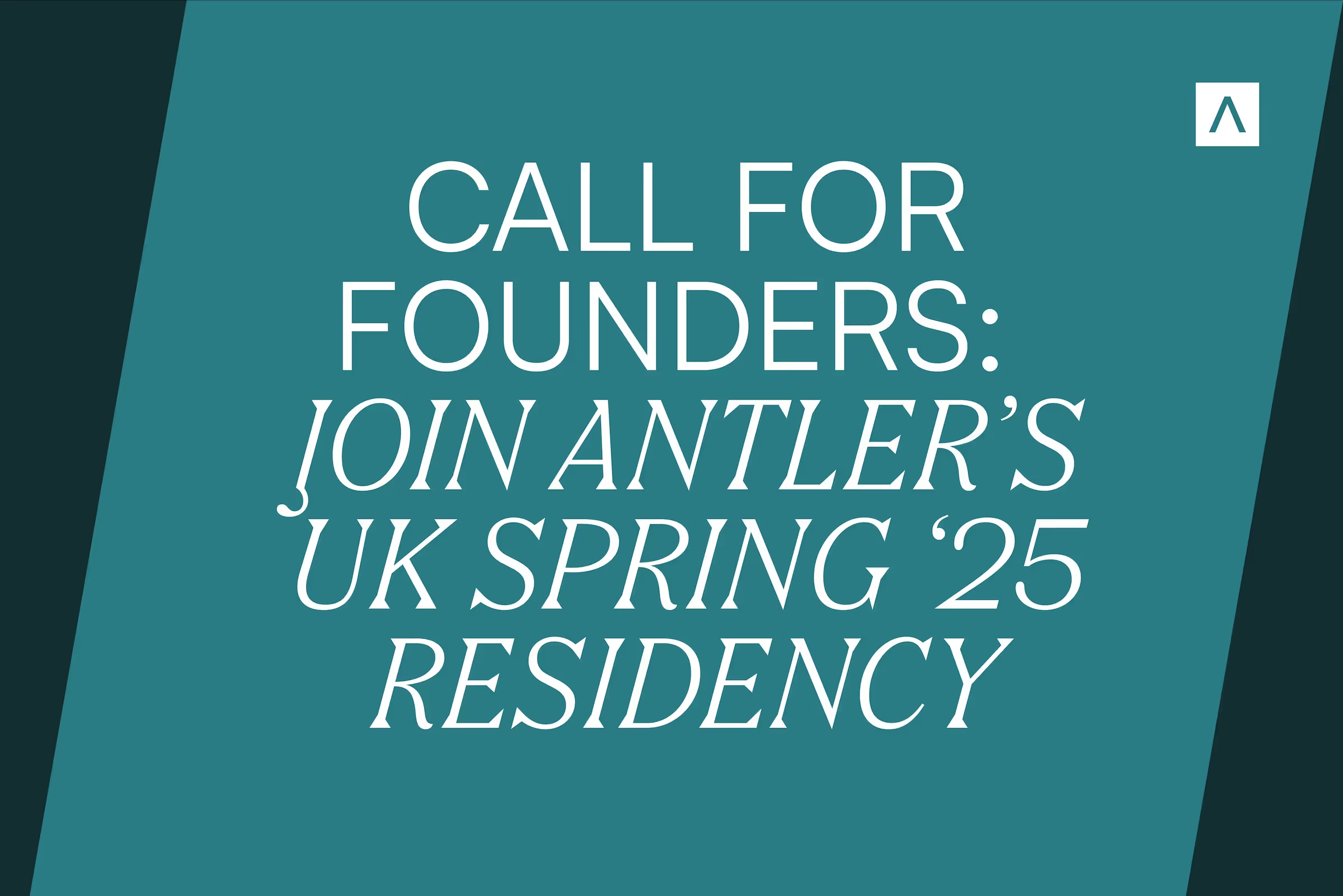I could have gotten some job that I wouldn’t have been excited about, but I thought: what if I can start from scratch on the other side of the Atlantic?
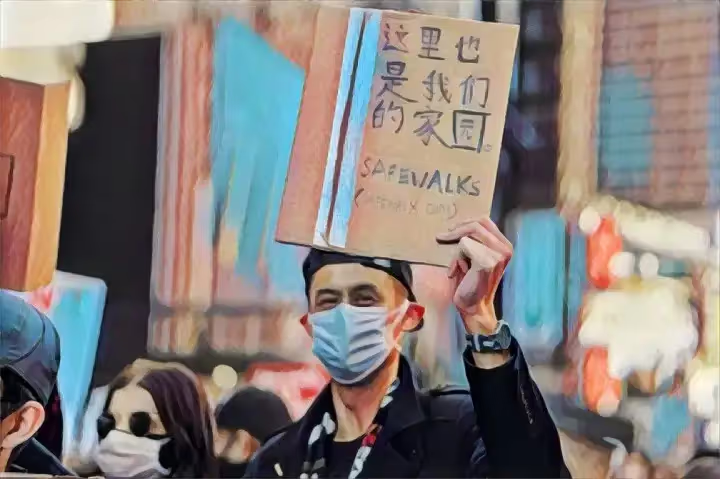
When we interview visionaries, we want to get to know them. The one thing we love is when they open up about their failures and hard times. When we feel tears coming up, we know we’re on the way to a beautiful story.
Chou went one step further. Not only did he share the most vulnerable moments of his life, but more importantly, he also taught us that no matter how unexpected life is, there is always a positive outcome down the road, as long as you keep doing the right thing.
Chou was born in China and grew up in California. He holds a Bachelor’s degree in economics from Georgetown University and a Master’s from London School of Economics. At 24, he was put in charge of his family business before undertaking an MBA at Stanford. He’s now the co-founder and CEO of Savvy, a startup revolutionizing how residents interact with their community, backed by Antler, Ulu Ventures, Switch VC, The MBA Fund, and New Lab Ventures.
But that is only one part of the story.
At Venture Insider, we strive to undress the ups and downs, the late nights, the early mornings, the failures, and the victories.
In a few words: we want to share the real stories.
Join our community if you want to get these stories straight in your mailbox 🚀
This interview has been edited and condensed for clarity.
What did you dream of when you were a kid?
My childhood was pretty chaotic. I was born in China but hopped around a lot. I vividly remember telling my grandmother that I wanted to be a watermelon farmer (laughs).
What I deeply cared about was playing basketball. I played seriously on multiple traveling teams throughout high school. On the academic side, I was focused on math and science. I participated in my county’s physics Olympics, where my team built an eight-foot-tall wooden catapult and took home a gold and silver medal. These pursuits translated into an undergrad offer from Georgetown.
How was college?
I started in 2005 and was convinced that I would be a computer science major, but this was before you could easily get a job at Facebook or Google. The career department told me there weren’t enough jobs for computer science grads (what advice!?), and I switched to econ.
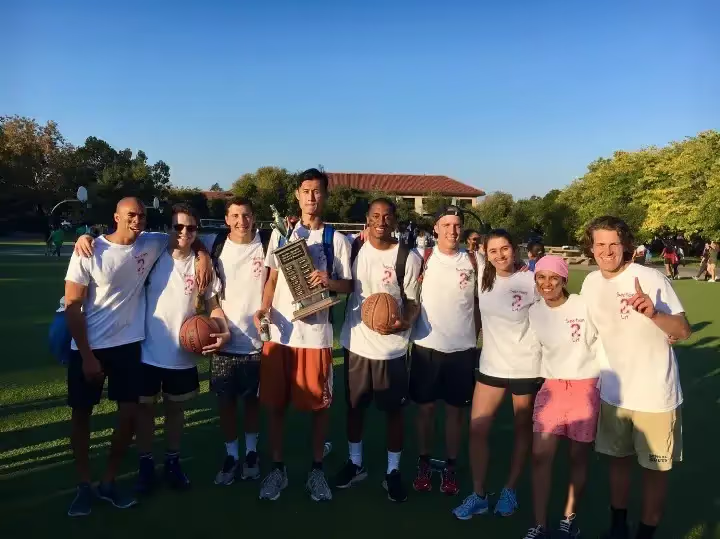
Then, you moved to London?
For the most part, university was great. I made a ton of friends and, on the academic side, I was excelling. Even though I had that strong college background, it was in 2008–09, and finding a job was tough. With my degree, I could go either into consulting or banking. That summer, JP Morgan was recruiting one analyst between Duke, Georgetown, and Penn. In short, it was close to impossible.
I could have gotten some job that I wouldn’t have been excited about, but I thought: what if I can start from scratch on the other side of the Atlantic?
I decided to go for a one-year Master’s degree at the London School of Economics.
How was this experience different from anything else?
It was an eye-opening experience. I built relationships through the program itself as well as via playing basketball. Having the rest of Western Europe around the corner was super convenient.
Culturally, it was more different than I had expected. The European work style is interesting… (laughs). I was working in banking and all my friends who were working in insurance and finance would get drunk on Fridays during lunchtime and then go back to the office, pretending to work for a couple of hours.
I spent three years in London and I loved every single bit of it. It was a life-changing cultural experience.
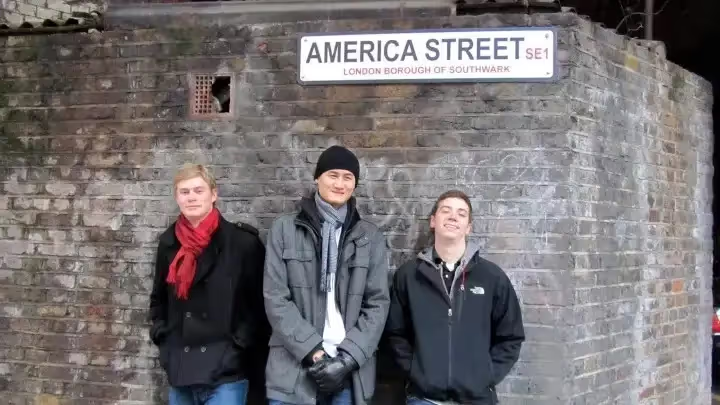
But?
After a brief stint in banking, I got a job in management consulting, which was what I had wanted to do since undergrad. While I was working on a project in Italy, I got a call in the middle of the night from my mom. My dad had been diagnosed with stage four lung cancer.
He asked me to come home to be around for his last days and to help out with the family business, in real estate. So that’s what I did.
How did it feel to come back and run the family business?
It was a shock.
I had never had any interest in our family business or in real estate in general.
Professionally, it was a mess. I was 24 and I thought I could manage a team but I wasn’t ready. I took over the business mostly from older folks in a conservative industry. There were all kinds of problems, ranging from the accounting, which had been done manually with pen and paper, to chemical products spilt into the ground by some of our commercial tenants.
I even had to run from hornets across one of our shopping center roofs because there was a nest in one of the commercial air conditioning units!
All in all, fixing everything took six years.
Personally, it was a mess as well. People always say ‘focus on the business’, but all of it was obviously tangled with a huge emotional aspect because I was not only managing 11 properties but the whole family’s livelihood and inheritance.
Thinking back, I’m grateful for the opportunity to run that business as a 24-year-old. I learned about perspective and patience. It also taught me how to manage relationships and people, from my family to customers, vendors, and even regulators, all with their different personalities.
In the end, if you try to do the right things, be honest, and not compound mistakes, everything is probably going to work out.
Did it affect your family relationships?
Yes, a lot.
We all had competing priorities and cash needs. So, of course, we disagreed and fought all the time. There was a lot of shouting and screaming. The whole experience taught me how to communicate and empathize with the people around me, both personally and professionally.
Then your Renaissance, Stanford?
At some point, I didn’t want to work in the family business anymore. As soon as I was able to find another opportunity, I jumped on it. In 2017, I applied and got into Stanford’s MBA program.
My 2 years there felt amazing in a lot of ways. I was able to live for myself for the first time in a half-decade. After running my dad’s business for so long, I knew I wanted to start something of my own. Stanford gave me the training, relationships, and (most importantly) confidence to do so. There was a heavy emphasis on EQ, leadership, and soft skills, which changed the way I approached relationships.
Finally, launching your own startup?
During my MBA, I interned for the New York City Mayor’s Office. After graduating, I joined Antler’s Founder in Residence Program. My experience there was wonderful and allowed me to start Savvy with my co-founder, Andrew Firestone. We both have a background in real estate. Naturally, after interviewing dozens of real estate companies and renters, we came up with the idea behind Savvy.
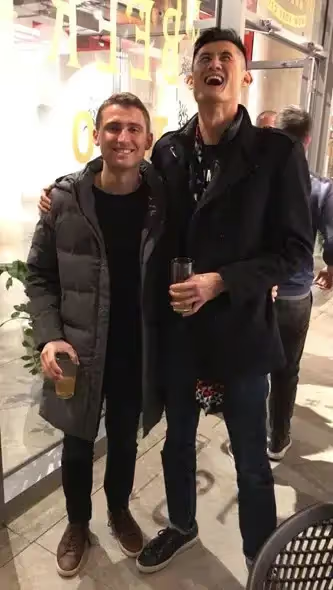
Savvy is connecting apartment buildings, residents, and surrounding communities. We provide resident rewards as an amenity. Our platform includes tenant onboarding, online and in-person deals, and cashback cards. The resident rewards fund a new operating system connecting housing to neighbourhood retail.
You were involved in tons of volunteering experiences, where is that drive coming from?
It comes from my childhood. My dad, who was originally my stepdad, adopted me. My biological parents were Chinese, got divorced and my mom remarried an American guy.
After he adopted me, he was legally my father. He was 5’9” and Polish-American. I’m Chinese and 6’6”. At basketball tournaments, I would introduce him as my dad and people would wonder ‘Are you sure?’.
I think he adopted me because he wanted to be able to call himself my dad instead of my stepdad. In my mind, that was a huge act of kindness and graciousness. On top of that, I was involved in a non-profit educational program in California called Next Generation Scholars. It really helped me to think about college.
Because I had those tremendously positive childhood experiences with people doing things for me, I’ve always felt the desire to pay it forward.
When was the time you felt the most vulnerable?
I would say that I’m more vulnerable now than I ever have been. And that’s by choice.
When I was younger, I really refused to feel vulnerable. Even after my dad passed away, I didn’t cry. I tried to distract myself with tasks.
I paid the price for that. Because I closed myself off from feeling any sadness or grief, it became very difficult for me to empathize and communicate with the people around me. It took a huge toll on my working and personal relationships with my family. Everything was much more contentious than it had to be.
Since then, I’ve been much more intentional about allowing myself to feel vulnerable. I don’t consider it as a liability anymore. It’s a super superpower, even in a professional setting.
Two weeks ago, as anti-Asian hate in America reached a boiling point, I cried during a zoom call in front of my co-founder, Andy.

I felt safe doing so because of the culture we created within the company. I’m extremely proud we were able to have that moment.
An inspiring figure?
Without any hesitation, my dad, Jerry Hoytt.
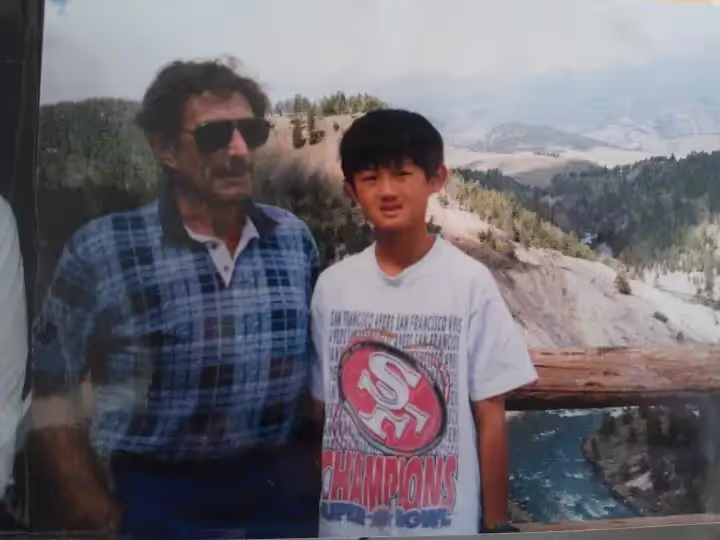
One book?
Dune by Frank Herbert
If you were to start a company today, what would be your one-billion idea?
It’s definitely not novel, but it would revolve around blockchain. I really like the idea of proof of ledger, which would grant ownership. Property titles would greatly benefit from this.
I remember trying to figure out the title history for some of my family properties, and I had to go back to the county office and check on a microfilm machine. This process took days. This is an obvious thing to replace with blockchain.
Our Main Takeaways
- Life is unexpected, things can happen from one day to the next, and all your plans will go into the trash bin. Therefore, being comfortable in the presence of uncertainty is vital.
- Feeling and expressing your emotions is one of the most meaningful things anyone can do. It helps you more than you think. Just do it!
- Pursuing your career is essential, but your relationship with your family should always come first, period.
Inspiring story Chou, thank you very much.
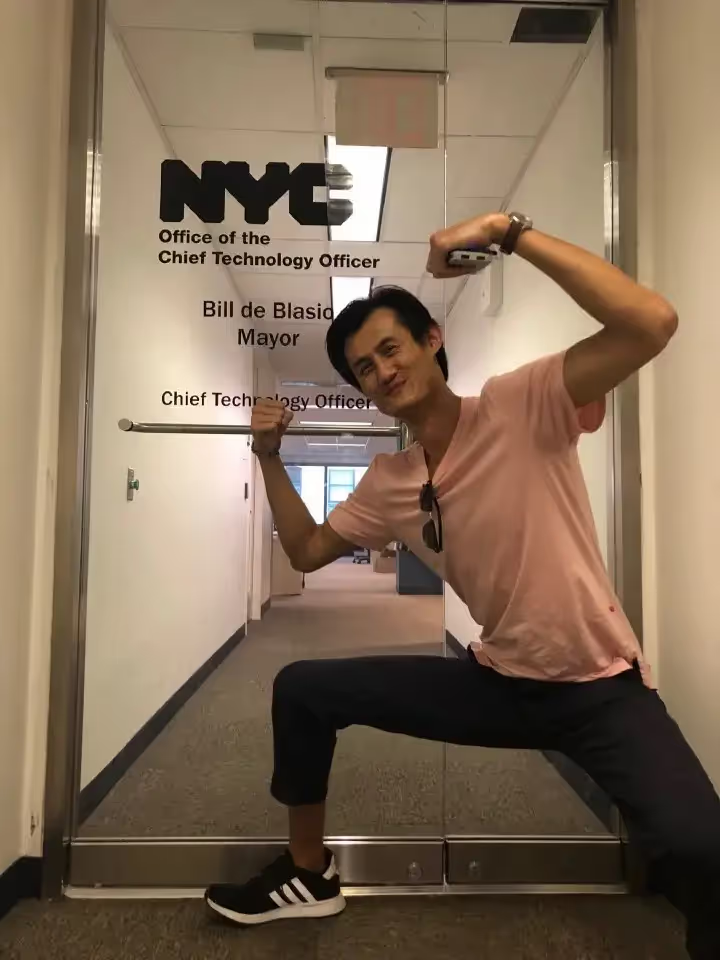
Read more founder stories here.
Antler enables exceptional people to create exceptional companies. If you want to become a startup founder, find the perfect co-founder and create impactful companies to shape the future, apply now and begin your Antler journey.



